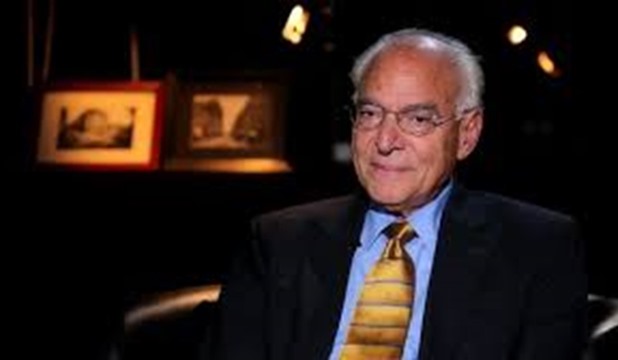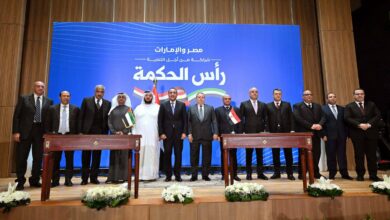
The US embassy in Cairo shed light on well-known Egyptian geologist Farouk al-Baz’s achievements on the occasion of marking the Space Diplomacy Week.
Born on January 2, 1938, in Zagazig, Sharqia governorate, al-Baz is an Egyptian American space scientist and geologist, who worked with NASA in the scientific exploration of the Moon and the planning of the Apollo program.
He was a leading geologist on the program, responsible for studying the geology of the Moon, the selection of landing sites for the Apollo missions, and the training of astronauts in lunar observations and photography.
He played a key role in the “Apollo 11” Moon landing mission, and later Apollo missions.
He also came up with the idea of touchable Moon rocks at a museum, inspired by his childhood pilgrimage to Mecca where he touched the Black Stone (which in Islam is believed to be sent down from the heavens), said the embassy on its Facebook page.
He is also a member of the Board of Trustees of the Geological Society of America Foundation, Boulder, Colorado, and a member of the Board of Directors of CRDF Global.
He was also elected a member of the US National Academy of Engineering in Washington, DC (2002) for selecting the landing sites for the Apollo missions, and for pioneering methods of discovering subsurface freshwater from space observations.




